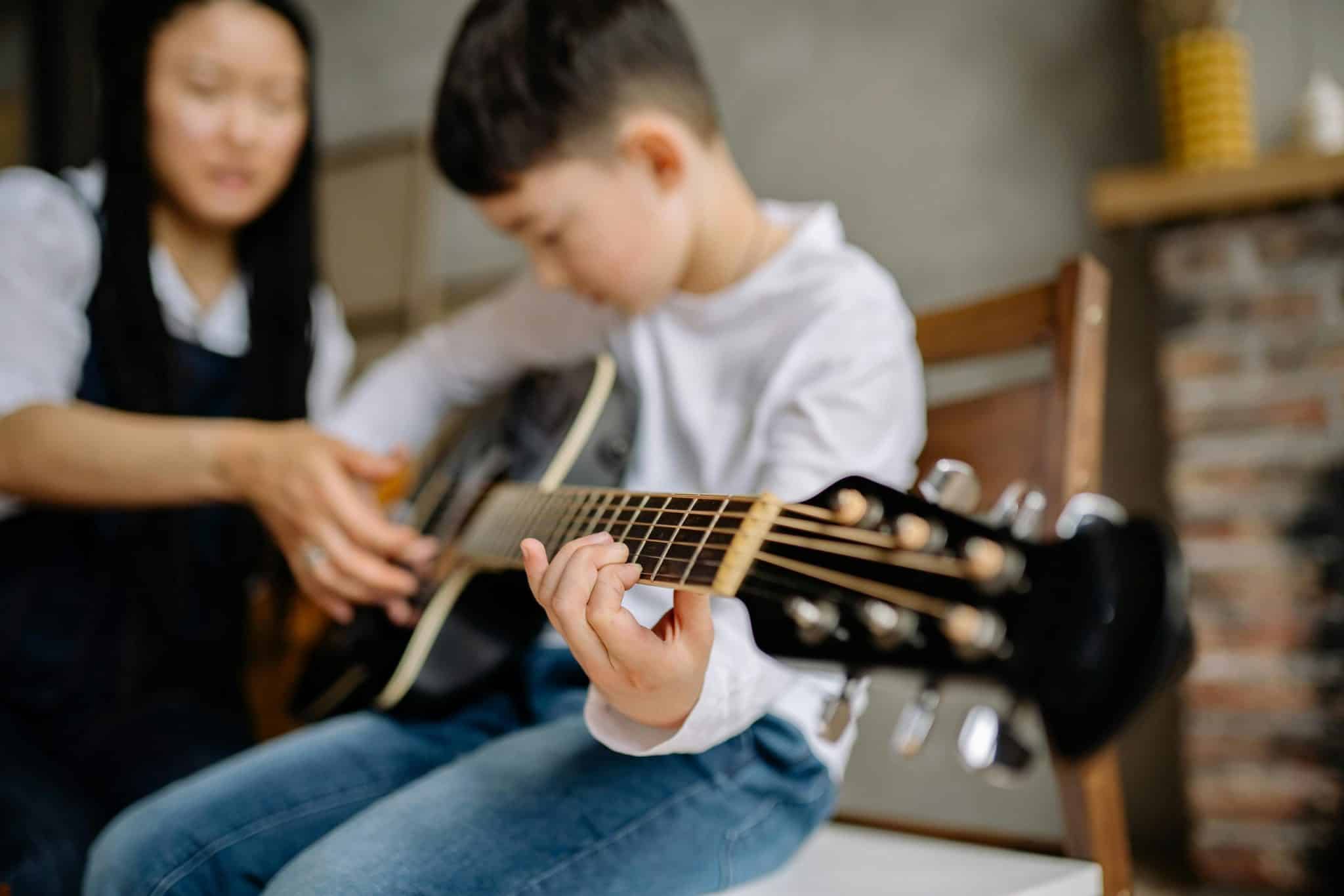Gratitude Practices for Kids
Welcome to the world of gratitude! In a fast-paced and busy world, it can be challenging for kids to slow down and appreciate the little things in life. However, cultivating gratitude in children can have numerous positive effects on their overall well-being. From boosting happiness and self-esteem to improving relationships and academic performance, there are many benefits to practicing gratitude. In this article, we will explore the importance of gratitude for kids and share some simple yet powerful gratitude practices that you can teach your little ones. So, let’s dive in and help our kids discover the magic of gratitude!
The Importance of Gratitude for Kids
Gratitude is the act of being thankful and appreciating what we have, whether it’s big or small. And while it may seem like a simple concept, the benefits of gratitude are profound, especially for children. Research has shown that practicing gratitude can improve kids’ mental and emotional well-being, increase their resilience, and even enhance their physical health. By teaching kids to be grateful, we are laying a foundation for them to lead happier and healthier lives. So, let’s take a look at some simple gratitude practices that you can incorporate into your child’s daily routine.
Gratitude Journaling
Journaling is a fantastic way to express thoughts and feelings, and it’s no different when it comes to gratitude. Encourage your kids to start a gratitude journal, where they can write down things they are thankful for each day. It can be as simple as a good meal, a fun day with friends, or a kind gesture from a family member. This practice can help kids focus on the positive aspects of their day and develop a habit of gratitude.
Thank You Cards
A simple thank you goes a long way, and teaching kids to express gratitude through thank you cards is a valuable lesson. Encourage your children to write thank you cards to their teachers, friends, or even family members for something they have done. Not only does it teach them to appreciate others, but it also helps them to practice writing and communication skills.
Gratitude Game
What better way to make gratitude fun for kids than turning it into a game! Create a gratitude game by writing down different things your child can be grateful for, like their favorite toy, a family trip, or a sunny day. Put them in a jar, and each day, have your child pick out one and express gratitude for it. This will not only help them focus on the positive, but it will also spark their creativity and imagination.
Family Gratitude Circle
Create a routine in your family where everyone shares one thing they are grateful for during mealtime or before going to bed. This not only promotes a sense of gratitude, but it also strengthens family bonds and encourages open communication. It’s a simple yet powerful way to end the day on a positive note.
Turn Negatives into Positives
Teach your children to look at the bright side of things by turning negatives into positives. This can be done by encouraging them to find something to be grateful for in a challenging situation. For example, if your child is upset about not getting a particular toy, help them see the positive in the situation by focusing on the toys they do have and expressing gratitude for them.
Incorporating Gratitude into Daily Life
While it’s great to have specific gratitude practices, it’s equally important to incorporate gratitude into daily life. This can be done by simply expressing gratitude through words, actions, and thoughts. Encourage your kids to say thank you whenever someone does something nice for them, to help out around the house without being asked, and to think about the things they are grateful for before going to bed. These small acts of gratitude can have a big impact on the overall well-being of your child.
In conclusion, teaching kids to be grateful is a valuable lesson that can have long-lasting effects. By incorporating gratitude practices into their daily routine, we are instilling positive values and promoting a healthy mindset. So, let’s start cultivating gratitude in our children and watch them grow into kind, appreciative, and happy individuals. As the saying goes, “Gratitude turns what we have into enough.”










